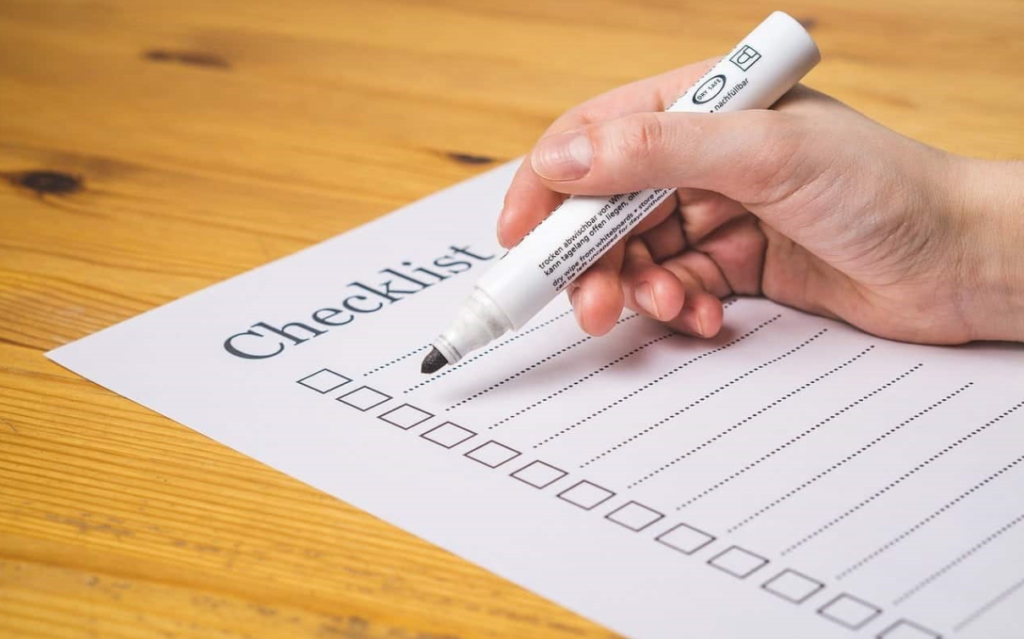
How To Be An Excellent Student in College, University or School
How can I get good grades without having to study for hours every day? Is there a secret trick to studying smarter and faster? Is there such a thing as an excellent student? If you want to improve your academic performance then read through these useful tips.
Get the best out of your university experience by learning from other students who have done well before. Read articles about the top universities around the world and study abroad programs that they offer. Also, consider enrolling in a distance learning program that can give you the flexibility to study at home or wherever you choose.Are you always stressed because you don’t know where to start when it comes to studies? Or maybe you already started college and are struggling with keeping up with assignments and exams? Well, there are some simple things you can do to boost your learning during school hours. Here are five ways to study better and achieve high grades.

1. Set goals
You might be doing great at achieving your current level of success, but if you don’t set bigger goals for yourself, you won’t reach them. Your end goal to being an excellent student should not necessarily be getting an A grade on all your assignments. Instead, you need to think big picture and set realistic, achievable goals. It is important to remember that you will never reach perfection. As long as you are striving for improvement, then that is what matters most.
2. Use flashcards
Flashcards are one of the most effective tools available to us now a days. They can help us memorize anything we put our minds to. There are many types of flashcards available online so you can easily find an app that works best for you. Most apps have different options, such as audio-visuals and customizable games that allow you to test yourself as often as needed to increase your progress.Flash cards can work for anyone, regardless of age. Young students can use flash cards to learn a language and older adults can use them to practice their memory skills. Don’t forget to review your flashcards at least once per week to ensure they are still working correctly.
3. Brainstorm questions
Brainstorming is a great way to come up with new ideas. When you brainstorm, you may feel like you don’t know what topics to research. But, don’t worry! You probably do. In fact, you can usually tell right away whether or not something makes sense just by asking yourself the question “why would someone write this?” Often times, when you ask “Why”, you can answer the question for yourself. Once you figure out why someone wrote something, you will generally know how to approach researching it.Brainstorming also allows you to expand on existing knowledge and see patterns within it. Make sure you keep track of everything you discuss, as you may be able to later apply those ideas to future projects.
4. Keep a personal journal
While attaining Excellent Student standard may be a bit far fetched, journal writing can be extremely helpful for helping you remember everyday events. Keeping a daily journal can also help you make decisions more accurately with facts. Writing down details helps you process information quicker and prevents you from leaving vital pieces out of your memory. Journaling can also be used for creative inspiration. Some people even find themselves thinking differently when they are writing in their journals because they become less self conscious. This could lead to more original ideas and concepts. For example, some people get inspired to write poetry after writing in their journal.
5. Take notes
Taking notes during lectures isn’t just beneficial to your academic life; it is beneficial to your general mental well-being. Studies show that taking notes during lectures can improve social skills and help improve relationships with other individuals. When you take notes, you are forced to listen carefully which can help your brain focus better. When you practice listening, you are able to pay attention to the speaker’s tone and body language, which helps you understand the message much easier than simply looking through slides.
Conclusion
The above tips should give you a good base for remembering things without relying on technology. However, if you struggle at all, don’t hesitate to reach out. We want to support everyone who needs extra assistance. If possible, try to schedule regular meetings with a tutor who specializes in that particular subject. It is important to set goals and stick to them and this can only be achieved by having a strong foundation of knowledge. It’s also important to law off any distractions while in a crucial exam period – that means gambling, online casino gambling, binge watching tv shows and so on!
FAQ
What is the purpose of taking tests?
Taking tests prepares you for success in real life scenarios. By getting into the habit of testing yourself regularly, you gain confidence and build on your strengths while strengthening weaknesses.
How long should I spend studying before a test?
You should never study longer than necessary for a particular subject. Students who over-study tend to cram their brains full of useless material instead of focusing on crucial information. Being an excellent student isn’t always linked to being a bookworm you know…
Can I study for multiple subjects at once?
It depends if you want to pass all your classes. If you’re only aiming to pass one class, then you might be able to handle the pressure. However, if you’re trying to score high marks across multiple classes, you won’t have time to study for each topic separately. As a result, you will need to learn about everything thoroughly before you start any studies.